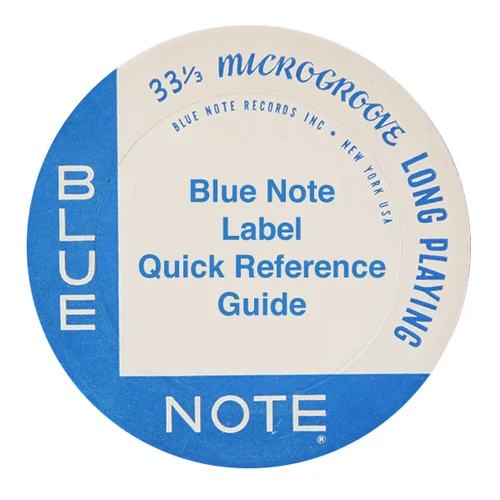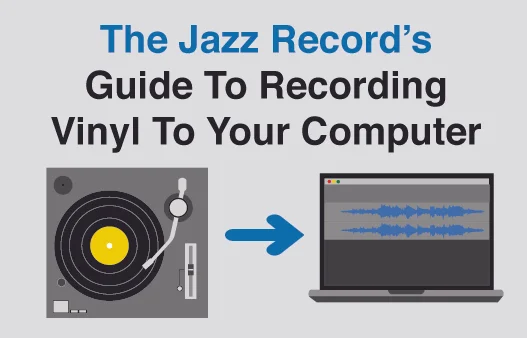Don't Forget It: Hubert Laws - "The Laws Of Jazz"
/Hubert Laws • The Laws Of Jazz • 1964 • Atlantic Records
Recorded April 2 & 22, 1964 in NYC
The Tracks:
A1. Miss Thing
A2. All Soul
A3. Black Eyed Peas and Rice
A4. Bessie's Blues
B1. And Don't You Forget It
B2. Bimbe Blues
B3. Capers
The Players:
Hubert Laws - Flute & Piccolo (piccolo on A3 & B1)
Chick Corea (as Armando Corea) - Piano
Richard Davis - Bass
Bobby Thomas - Drums (on A1, A3, B2)
Jimmy Cobb - Drums
The Vinyl:
A first stereo pressing on the classic green-and-blue label with the small black fan logo, a variation that spanned from 1962 to 1966 (the mono is the same label only with a purple-and-orange color scheme. These were pressed on heavy vinyl and offer up excellent vintage analog sound). I picked it up for $6 at a local shop, which seems to be about right, although it's a vintage Atlantic jazz album, it's not a particularly popular or well known album, keeping the price down.
Even though it is catalog number 1432, this is considered a continuation of Atlantic's historic "1200 Series" of jazz releases that was started by Nesuhi Ertegun in 1955. The series would actually run through SD 1700 with the 1977 release of Charles Mingus' Three or Four Shades of Blue. By the mid-1960s the jazz albums on Atlantic were a more hit-or-miss affair than during the previous decade, when the label was breaking new jazz ground with releases by The Modern Jazz Quartet, Jimmy Guiffre, Mingus, and, of course, the legendary releases by Ornette Coleman and John Coltrane. If you ask me, Atlantic did as much to keep modern jazz music moving forward over a roughly five year period as any of the more celebrated jazz record labels from the late-1950s and early-1960s.
The Record:
As a lead instrument, two names immediately jump out when it comes to the jazz flute: Herbie Mann and Hubert Laws. Rightfully or otherwise, these two cats can carry some negative baggage with modern jazz fans due to the fame they found with more commercial releases in the 1970s. I'll admit I only associated Laws with his adventurous early CTI albums, a few of which I really enjoy, and it wasn't until I came across The Laws Of Jazz that I realized he had started his career off with Atlantic Records putting out some quality straight-ahead jazz records.
The Laws Of Jazz is an enjoyable hard bop record, with Laws staying very much in the cut with his compostions and solos (there is none of the fire of Eric Dolphy or Rahsaan Roland Kirk to be found here). The most enjoyable and memorable of the tracks are the two bluesiest numbers, "Bessie's Blues" and "Bimbe Blues," where Laws gets to really stretch out with some soulful work on the flute. The group on hand has some familiar names in Richard Davis, Jimmy Cobb and Chick Corea (billed here early in his career as Armando Corea), who all add some nice solos and flourishes to the proceedings. Laws does play the piccolo on two of the tracks, an instrument that just doesn't work for me in this setting, it's high-pitched sound is too grating for my ears.
Laws would, as mentioned, find enormous commercial (and even some critical) success in the early seventies with his unique blending of jazz and classical music on the CTI label. A few of these records, particularly Morning Star, Afro Classic and In The Beginning are really quite groundbreaking in combining jazz, classical and pop artistry into one cohesive presentation. However, the easy going nature and appearance of pop tunes like James Taylor's "Fire and Rain" or the theme from the movie "The Love Story" turned off a lot of "serious" jazz fans, both then and now. I'm not going to try and convince you of the merits of these sessions, you either appreciate them for what they are or you don't. In any case, any fan of hard bop and modern jazz will enjoy The Laws Of Jazz, both as a historical document (Laws' debut and a very young Corea) and for the enjoyable music it offers.
The Selections:
The Videos:
This first video features Hubert Laws performing with the Claude Bolling Trio on The Tonight Show in 1984. The group performs Bolling's composition "Baroque and Blue," which is a great example of the melding of the classical and jazz genres. The video starts with a nice intro by Laws talking about the piece.
In this next clip, Laws is seen performing in 1975 at the "Down Beat Poll Winners" concert with Chick Corea, Bill Watrous (tb), George Benson (g), Stanley Clarke (b) and Lenny White (d) as they run through a nice take on Corea's composition"Spain."












